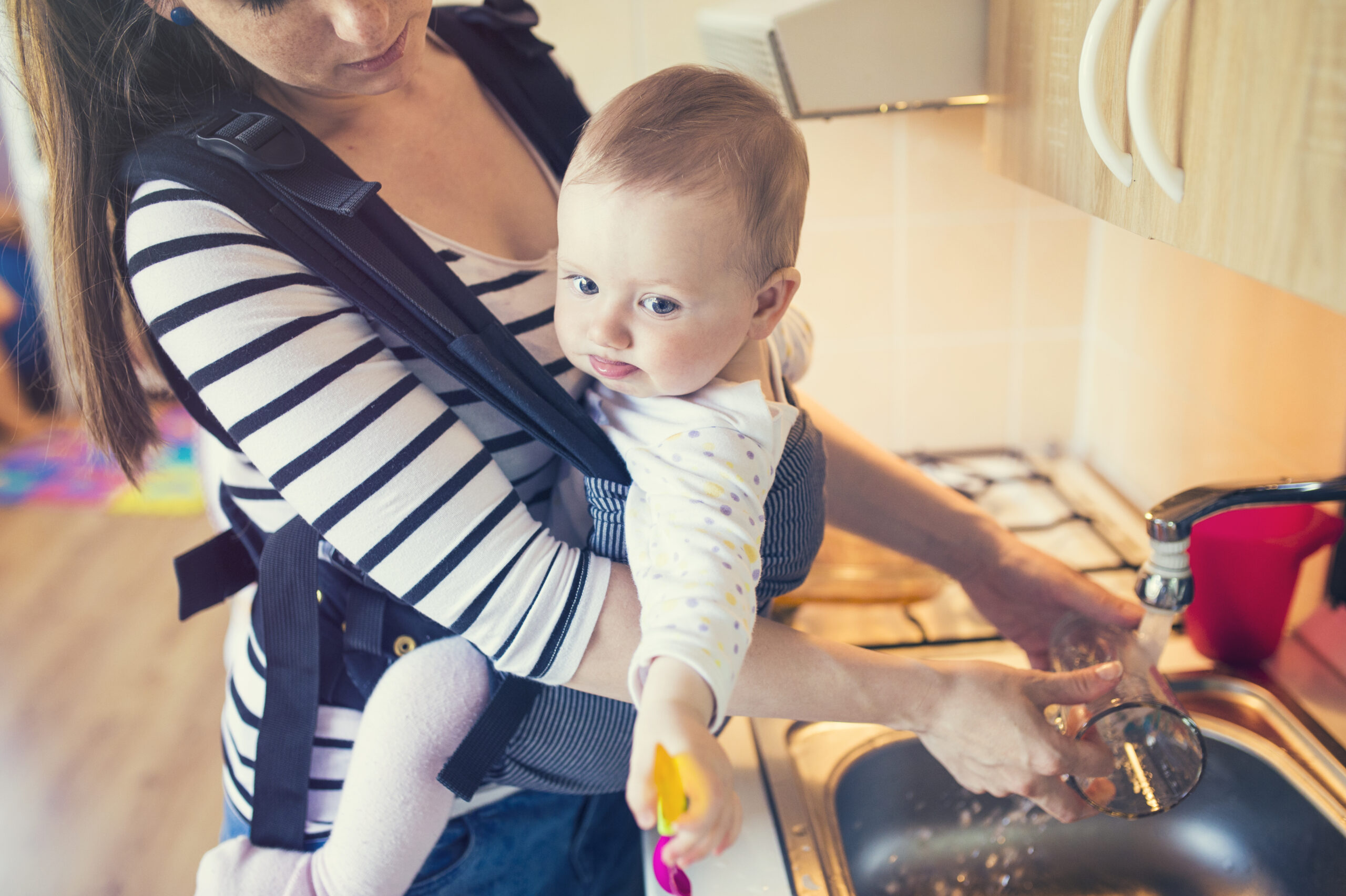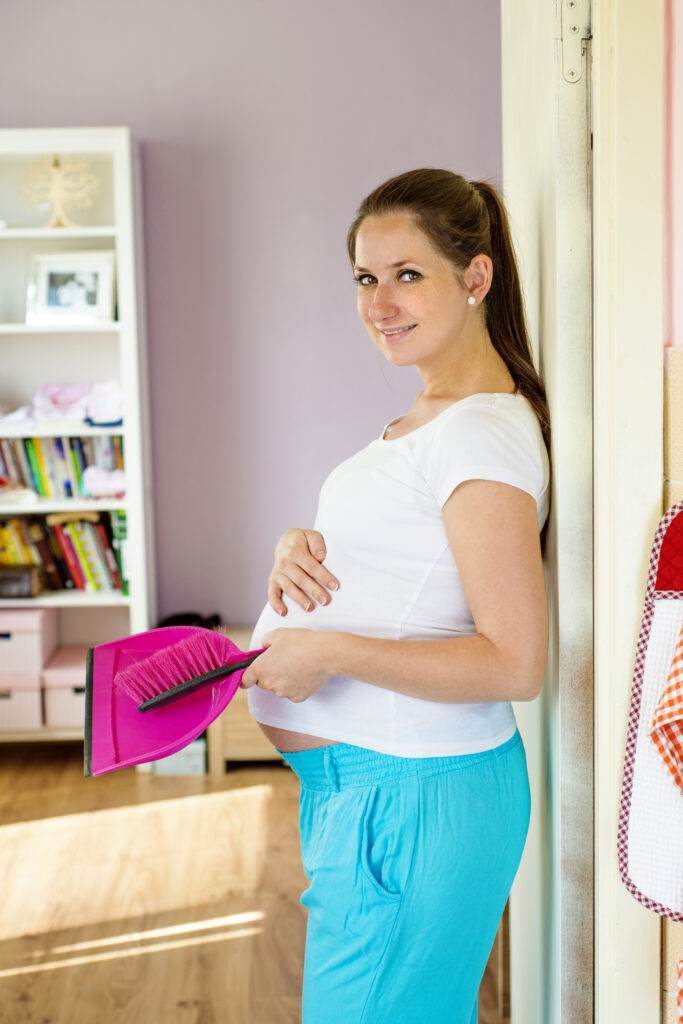Introduction to Post-Pandemic Cleaning Protocols
The COVID-19 pandemic has taught us the importance of cleanliness in preventing the spread of infectious diseases. As we enter a new phase of the pandemic, it is essential that we continue to follow strict post-pandemic cleaning protocols to protect ourselves and our loved ones from further outbreaks. This includes frequent and thorough cleaning of high-traffic areas in our homes and offices, using appropriate disinfectant options for different surfaces, and following personal protective equipment (PPE) guidelines when necessary.
Importance of Frequent and Thorough Cleaning
Frequent and thorough cleaning is crucial in reducing the risk of cross-contamination. It involves removing dirt, dust, and debris from all surfaces, including floors, walls, countertops, furniture, and fixtures. Pay special attention to high-touch areas such as doorknobs, light switches, and handrails, which are often overlooked but can harbor dangerous pathogens. Use microfiber cloths or mops to wipe down these surfaces with warm water and an approved disinfectant solution. Make sure to change your cleaning supplies regularly to avoid recontaminating surfaces.

How to Clean High-Traffic Areas in Your Home or Office
High-traffic areas require extra attention during post-pandemic cleaning protocols. These include entryways, hallways, stairwells, restrooms, kitchens, and conference rooms. Start by vacuuming or sweeping the floor to remove any loose dirt or debris. Then, use a disinfectant spray or cleaner on hard surfaces like counters, sinks, and toilets. Be sure to read the manufacturer’s instructions carefully before using any chemicals. Finally, wash linens, towels, and other laundry items separately from other household items to prevent contamination.
Disinfectant Options for Different Surfaces
Different types of surfaces require specific disinfectants to ensure effective sanitation. For example, glass and mirrors should be cleaned with a mixture of vinegar and water, while bathroom surfaces like toilet seats and shower curtains may need a stronger disinfectant like bleach. Refer to the Centers for Disease Control and Prevention (CDC)’s guidelines for recommended disinfectants based on surface type and level of contamination.
Creating a Safe Space: Personal Protective Equipment (PPE) Guidelines
Personal protective equipment (PPE) is critical in creating a safe space during post-pandemic cleaning protocols. Wear gloves, masks, gowns, and eye protection when handling potentially hazardous materials or entering high-risk areas. Dispose of PPE properly after each use to prevent contamination. Remember to practice good hygiene by washing your hands frequently throughout the day and avoid touching your face or eyes without first washing your hands.
Conclusion
By implementing proper post-pandemic cleaning protocols, you can reduce the risk of exposure to infectious diseases and create a safer environment for yourself and others. Follow these steps consistently, and stay vigilant about maintaining a clean and healthy space.


